
Pay transparency trend relies on the labour market’s future
If the labour market softens, firms can decide whether or not to openly disclose salaries.
Whilst Singapore has no legislation requiring salary disclosures, recent job listings reflect the growing support for pay transparency. This trend could continue in the short term due to fierce job competition, according to Callum Pickering, Indeed’s APAC senior lead economist.
But Pickering questioned if firms will continue openly revealing the salary when the competition has died down.
“[Softening labour market] will determine whether this recent trend towards greater pay transparency is going to persist or whether it is a temporary trend that has emerged due to the unique circumstances of the pandemic and its recovery,” Pickering told the Singapore Business Review.
Shermaine See, a principal consultant at life sciences specialist recruiter EPM Scientific, said pay transparency will likely increase slowly for the life sciences jobs market due to fairness and diversity.
Especially when niche talents show up, companies are more likely to release pay information since talent that fits these posts is harder to find. An example of rare talent is a scientist with mRNA experience.
Job hunting portal Indeed’s 2023 study showed that pay transparency is 1.8 times higher in March 2023 compared with the same period in 2019. More than 40% of all job postings in administration, sales, and marketing revealed their salary.
“All of those sectors have faced some pretty widespread skill and talent shortages and employers have had to respond by changing their approach to recruitment,” said Pickering.
Salary benchmarking
Another approach to pay transparency is salary benchmarking, which provides data on what competitive firms pay their employees in similar positions.
Tricia Tan, human resources director for Southeast Asia and Greater China at Robert Walters, said this practice, which is done annually, helps show salary adjustments due to inflation.
For example, industries like financial services and consulting firms, produce salary benchmarks, said Tan. These industries provide fixed pay for entry-level graduates.
“Generally, banks tend to be quite competitive with each other. If we talk about the smaller financial service houses, they can sometimes compete as well,” Tan told the Singapore Business Review.
Full of secrets
The recent Indeed study also showed that pay transparency is not as high in the field of engineering and tech. About 10% to 20% of occupations in these industries have pay information, a lower increase compared to other sectors in the Singapore economy.
In life sciences, See said, some engineering roles have hidden salary ranges because they will need to screen applicants on experience, educational background, and other achievements.
Pickering said refusing to release pay information could give the employer more power over the job applicant, which can allow the recruiter to be more flexible with what they end up offering.
“That often involves lowballing the potential candidate and that possibly happens a lot in the recruitment process,” said Pickering.
In life sciences, disclosing salary data to employees may also depend on their type of job. For example, those employed in commercial jobs could have a commission structure involved while those in clinical jobs only have compensation packages such as base borders and allowance.
An EPM Scientific study revealed that two-thirds of commercial professionals in the life sciences industry said their base salary was between $67,000 and $20,000, with a quarter between $100,000 and $134,000. Most respondents received commission but for the relative majority, it falls below 5% of their base salary and does not contribute significantly to earnings.
The clinical development professionals’ average pay is the highest in the study but starting salaries were lower. A tenth said they earned between $34,000 and $67,000. Most clinical development professionals earned over $134,000, but the largest proportion (23%) earned between $111,000 and $134,000.
Pay transparency law
Experts have no definite answer whether the pay transparency law should be taken to Singapore. France, Germany, Spain, the UK, and some US states have salary disclosure laws to bridge the gender pay gap and boost employee productivity in companies.
Whilst pay transparency is progressive, Tan said implementing a law could “upset the balance” amongst companies.
“It might cause a ripple effect, where small to midsize firms might also struggle to keep up in the race to be competitive against the market. They can’t compete with the bigger firms so they might lose out in the talent war as well,” said Tan.
At the end of the day, Tan said it is important to note that salary is not the only consideration for an employee’s compensation package. They could also focus on the fringe benefits, insurance, cover, culture, and career pathways.
Pickering said it would be up to the Singapore government if a law should be published but pay transparency in recruitment will drive more applications and attract quality candidates. Disclosing salaries within an organisation helps retain employees as they are in a more transparent working environment to be happier and more engaged.
For See, hiding salaries could help firms standardise salaries across jobs, but this could also have a risk of unfair pay treatment. Lower-pay candidates might get a huge increase but good candidates get lower pay.
In See’s view, revealing salaries would be up to the individual firms if they want to keep their competitive advantage.







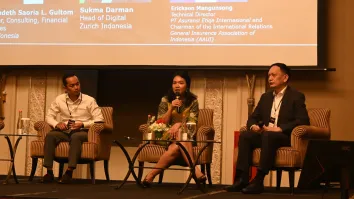



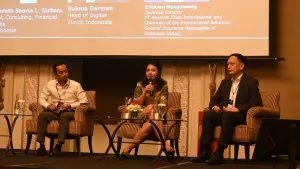

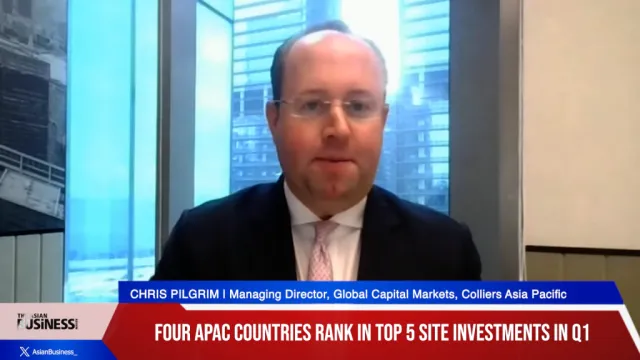
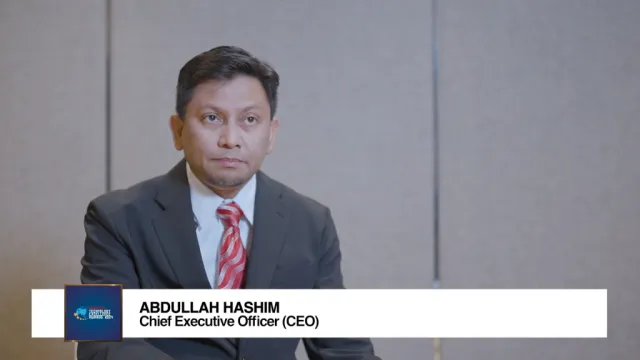
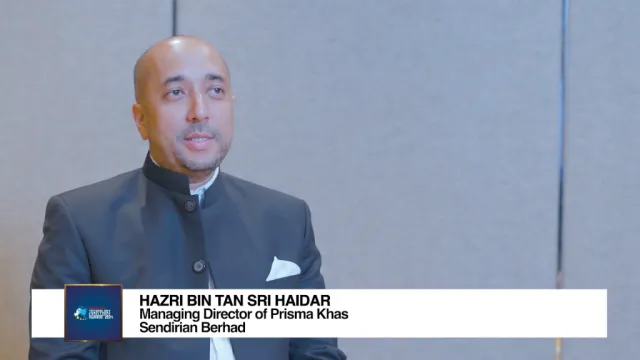

 Advertise
Advertise







